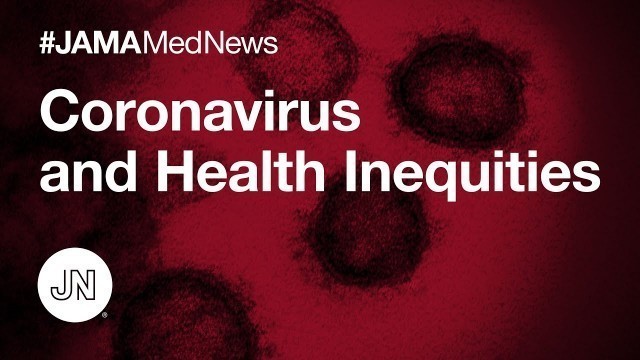

'Linda Rae Murray, MD, MPH discusses topics in health equity with JAMA Medical News Associate Managing Editor Jennifer Abbasi. Recorded on June 19, 2020. • Earn Free CME credits by watching JAMA Livestreams and completing a brief questionnaire. Claim 0.5 credits for each video at https://ja.ma/covidqa • Coronavirus Resource page from the JAMA Network: https://ja.ma/covidyt ===================================================================== To watch all the #JAMALive Q&A\'s Visit: https://ja.ma/covidqaytpl Don\'t forget to hit subscribe or click https://ja.ma/subscribe #JAMALive #Coronavirus #SARSCoV2 --------------------------------------------------------------------------------- For more from JAMA • https://www.jama.com • https://www.facebook.com/JAMAJournal • https://www.twitter.com/JAMA_Current • https://www.linkedin.com/company/jamanetwork Follow the #JAMANetwork • https://www.jamanetwork.com • http://www.jamanetworkaudio.com • https://www.facebook.com/JAMANetwork • https://www.twitter.com/JAMANetwork • https://www.instagram.com/JAMANetwork • https://www.pinterest.com/JAMANetwork Topics discussed in this interview: 0:00 Background on Dr Murray 0:51 So, in the U.S., African-Americans account for 13% of the population, but 24% of COVID-19 deaths where race is known. And Blacks, Latinos, and American Indians also represent a disproportionate number of cases. Can you talk to us about some of the many factors that are driving these numbers? 4:31 Something that has been discussed is that the idea of working from home, which is something that I have the opportunity to do, is a privilege for a lot of people, and a privilege that a lot of people don\'t have. 5:49 Researchers are looking into possible associations between air pollution, which we know communities of color have higher exposures to, and COVID-19 susceptibility severity. Do you think it could be a factor? 7:30 Has enough been done to get information about COVID-19 out to minority communities, including the African-American community? 10:11 Do you think that the messaging has improved and that more people are being reached now? 11:56 Do you have any idea where this myth arose that black people can\'t get COVID-19? 14:31 What about distrust of the medical establishment in the black community? Can you talk to us about whether you feel like that\'s had a bearing on the COVID-19 pandemic? 17:24 Are you concerned about -- when we do have a vaccine -- if it will be available for minority communities? 19:16 Of the first 100 people in Chicago to die from COVID-19, 70 of them were black. They didn\'t have faith in some of the lower resource safety net hospitals in their neighborhoods, so they waited to go to the hospital until it was too late. What are your thoughts about that? 21:28 What do you think about the lack of demographic data that we\'ve been experiencing? 23:18 Are we do -- doing better in collecting demographic data -- data on COVID-19 at this point? 24:58 An estimated 1 in 1,000 black men in the U.S. will be killed by police over the course of their lifetimes, according to data. As a physician, how do you think about this in the context of keeping communities healthy? 28:44 So, you have said, Dr. Murray, that you are devoting the rest of your career to being an enthusiastic full time troublemaker. So, what does that mean for you?'
Tags: Covid-19 , george floyd , coronavirus , IMMUNITY , health equity , Juneteenth , clinical care , covid clinical care , covid treatments , racial justice in healthcare , racial equity in healthcare , health inequity , BC-6165376059001
See also:



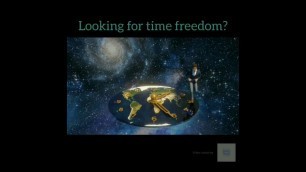
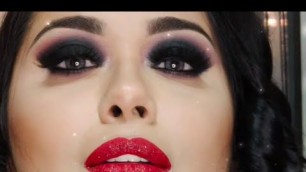

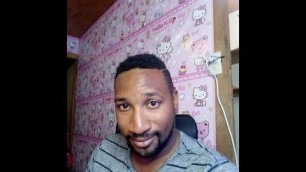




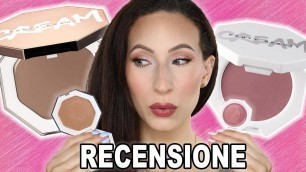




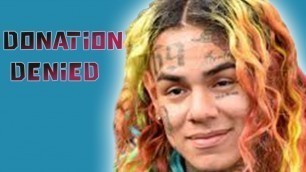
comments